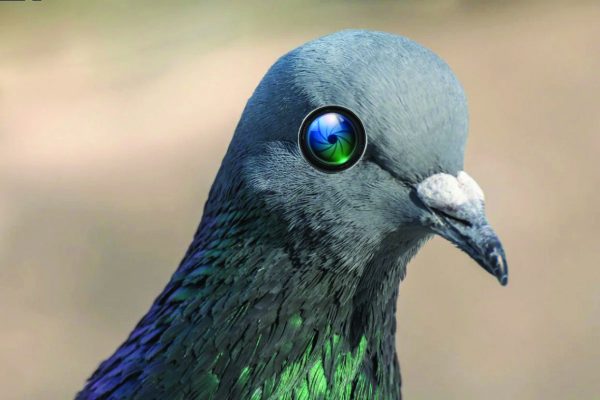Veganism is not sustainable, just marketed really well
Veganism is not sustainable (or all that healthy), it’s just marketed really well by radical activists on social media. The vegan diet has been labeled as a healthy, sustainable and cruelty-free alternative to animal agriculture. But is veganism really all that activists claim it to be?
The short answer is, no. The long answer is that the vegan diet often lacks proteins and essential vitamins found in animal products. Humans are naturally omnivorous beings and are biologically designed to consume both animals and plants; not having the dietary benefits found in animal proteins can lead to major health issues, including negative effects on the Musculo-skeletal system.
Furthermore, grazing animals such as cattle, sheep and goats can consume crop waste and fibrous plant materials that humans cannot eat. Ruminating animals such as these can also consume bran and germ leftovers when wheat is milled into white flour, or the remaining soy meal after soybeans are pressed to make oil, which in turn is made into soy milk, a popular vegan milk alternative. Soy crops have been linked to deforestation in the Amazon Rainforest and the Cerrado; this devastation of land has lost more than 105,000 square kilometers of native habitat. The global soy trade also requires 32 million acres of land for crop growth.
The international transportation of fruits and vegetables produces over 1 billion tons of carbon dioxide, which are already the most frequently wasted foods in the United States. The tilling of fields releases large volumes of greenhouse gasses into the atmosphere and helps speed up erosion. A single avocado tree requires 46 gallons of water a day during warmer months, and a kilogram of mangoes requires 150 gallons of water daily. In sharp contrast, a single full grown beef cattle requires anywhere between 6 gallons to 20.6 gallons of water, depending on the temperature.
Animal agriculture, when done correctly, is not cruel. Dairy cows, for example, are animals that are prone to stress. Stress hormones–adrenaline and cortisol–prevent milk production, meaning dairy cows cannot produce milk when stressed. Stressed dairy cows also have lower reproductive rates, so it isn’t realistic or honest to claim that dairy farmers abuse their animals.
If everyone went vegan, then supposedly, greenhouse gas emissions would fall, as an entire industry has been wiped out. This is a non-argument; it’s like arguing that grounding all planes would slow carbon emissions. What diehard vegans fail to see is that animals aren’t going anywhere. How would you end animal agriculture? Cull all agricultural animals? Set them loose in nature and have them die unnatural, painful deaths? That’s cruel and unusual. Animals used for human consumption have been selectively bred for thousands of years to have a symbiotic relationship with people. We benefit from them, and they ultimately benefit from us.

Lindsay Giovannone is a senior majoring in history and minoring in criminal justice. She has been part of the paper since she was a freshman and has previously...




